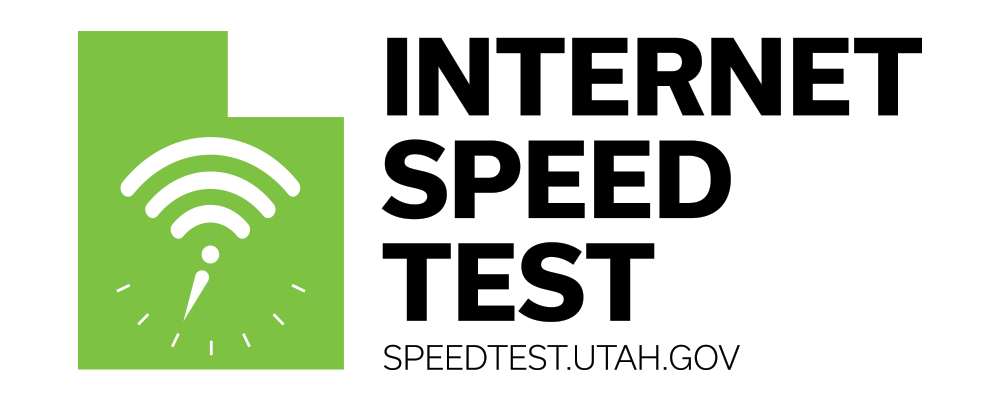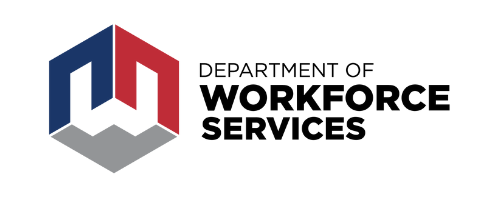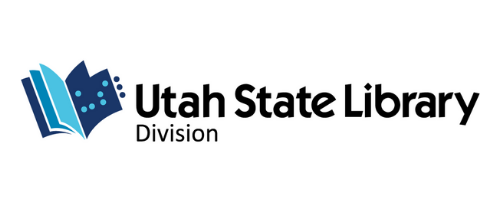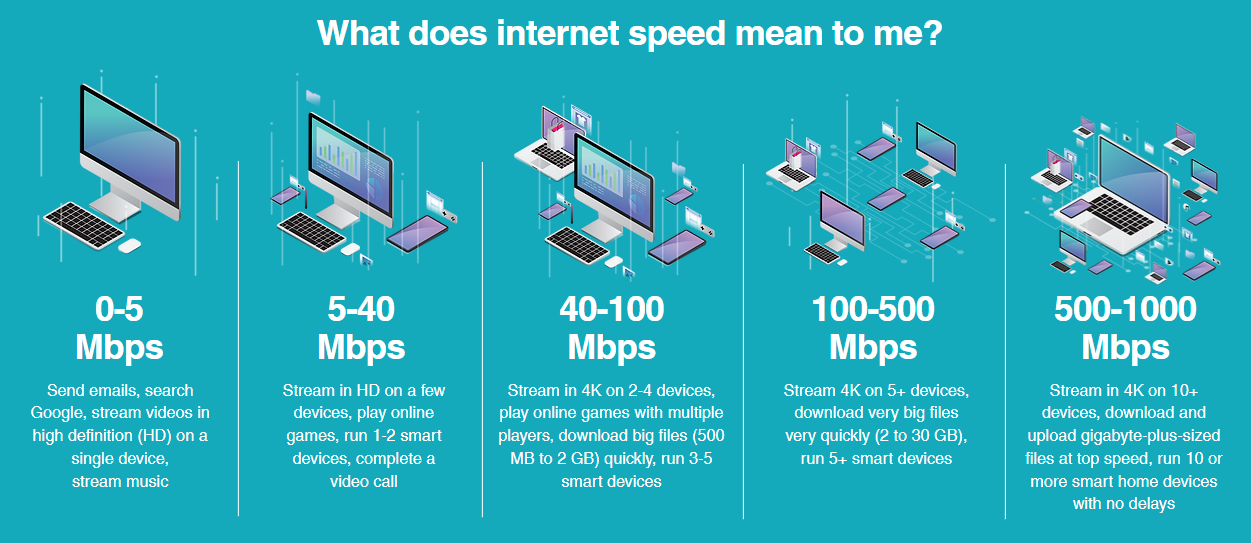
The Utah Internet Speed Test Campaign is a statewide initiative for all Utahns to self-report their internet speed at home, work, or wherever they are connected to the internet. The data collected will be mapped and used to invest in resources to improve broadband access across the state. This campaign includes all Utahns, whether you have excellent internet speeds or no access at all.
The results from the Internet Speed Test will help:
- Identify areas of Utah where homes and businesses lack high-speed internet connection
- Discover which households do not have an internet connection and the reasons why
- Direct funds toward providing reliable broadband access throughout the state
Help us identify Utah’s areas with the greatest need for internet speed by taking the Internet Speed Test. It only takes 60 seconds.
The Internet Speed Test is available in English and Spanish. For individuals who do not have access to the internet, please participate by calling 1-435-777-TEST (8378).
Purpose of the Utah Internet Speed Test Campaign
Taking the Utah Internet Speed Test along with completing the short survey will allow you to show state leaders where there is a lack of broadband internet to homes or businesses. This may be because there is no service in your area; perhaps it is too expensive, or maybe you don’t know how to use a computer or even have one. That is what we call the digital divide. With this information, the state can map areas of need and make investments that will eventually give everyone the opportunity to connect to the internet and close the divide.
On the other hand, maybe your broadband is great! We want to hear about it. Great connectivity in our state opens the door to quality education, employment opportunities, and healthy options. Please let us know where Utah is doing well. WE NEED YOU to help us get all of Utah connected.
Speed Test Map
Utah Internet Speed Test Campaign Partners






About Utah Broadband Center
The Utah Broadband Center helps advance economic opportunities in telecommuting, education, telehealth, and numerous other industries that rely on efficient and robust broadband infrastructure. Utahns depend on effective broadband access as their connection to the world.
Working closely with the Utah Broadband Alliance, the Utah Broadband Center works to increase deployment, bandwidth, and digital inclusion to all Utah households, businesses, and demographics.
Last year the Broadband Access Grant was launched to assist municipalities and providers with last-mile broadband connections in unserved and underserved areas.
To learn more about the Utah Broadband Center, click here.
